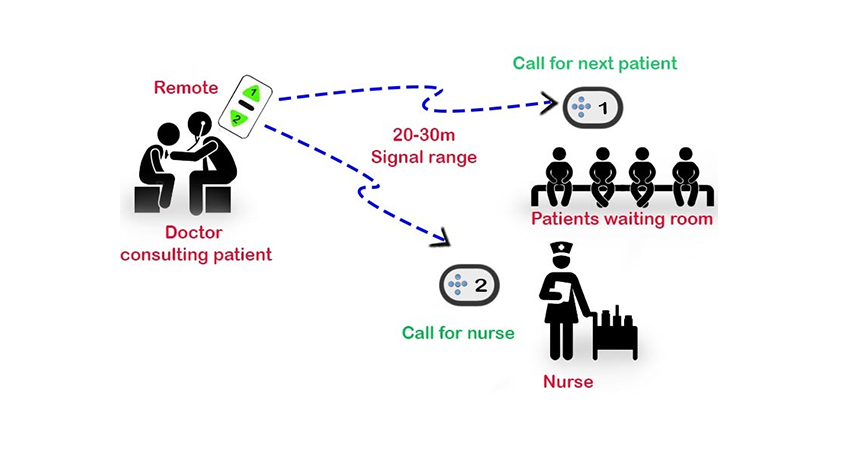
OPD services
OPD stands for "Outpatient Department." It refers to the section of a hospital or medical facility where patients receive diagnosis, treatment, and care without being admitted for an overnight stay. In an OPD, patients usually consult with doctors, receive examinations, and undergo various medical procedures, all on an outpatient basis. This is in contrast to an inpatient department, where patients are admitted for a more extended period of time. OPD services cover a wide range of medical specialties and are an essential part of healthcare systems worldwide.
An OPD is usually divided into various sections such as Neurology Department, Gynecology Department, Orthopedics Department, Oncology Department, General Medicine Department, etc. A patient who comes to the hospital for consultation goes to the specific section of the OPD based on her complaints.
Better understand the concept of OPD:
The OPD unit is designed for basic diagnostics, examinations and minor surgical services, and is specifically designed for those people who do not require hospital admission. The OPD consists of many doctors from different departments such as orthopedics, gynaecologist, general practitioner, etc.
While OPD doctors do not constitute the inherent staff of the hospital, they often serve in the internal departments of the hospital as well. After discharge from the hospital, the patient can consult the OPD doctor corresponding to his condition for further treatment.
Some features of the one health OPD:
These are some of the features of an OPD department in a One health care
- The main step for treatment in hospital, regardless of the disease, first diagnosis will be made in OPD.
- It is an important step for health, well-being and disease prevention, because it helps to investigate and understand the severity of the patient early.
- It helps create the foundation of treatment for the patient by providing early research and understanding of the disease.
- The OPD department has really good medical professionals at a very less cost.
- It is an ideal department when it comes to general care, vaccinations and disease prevention.
Advantages of OPD Department:
There are many advantages of OPD department; Here are some of them
- Health insurance coverage is very wide in OPD, so you can benefit greatly from it.
- Treatment is available at a much lower cost than hospital treatment. Minor surgical treatment can be performed easily.
- You can consult doctors from various fields like cardiologist, neurologist, etc. In case of any accidental emergency, OPD is the perfect place.
- Prevention and observation of communicable diseases.
- All information regarding the patient's medical history is maintained very well.
- A perfect place for training staff, nurses, future doctors, paramedical staff, etc.
What is the organizational structure in OPD department?
- Diagnosis of the patient is carried out, all necessary tests and examinations are carried out as the main process.
- The patient will be made an appointment for the relevant medical consultation.
- If you are a new patient, please be sure to keep your record intact and this ticket may be issued by the receiving department.
- The patient will have to pay fees based on the visit. It will depend on whether you are a new patient or visiting for a follow-up.